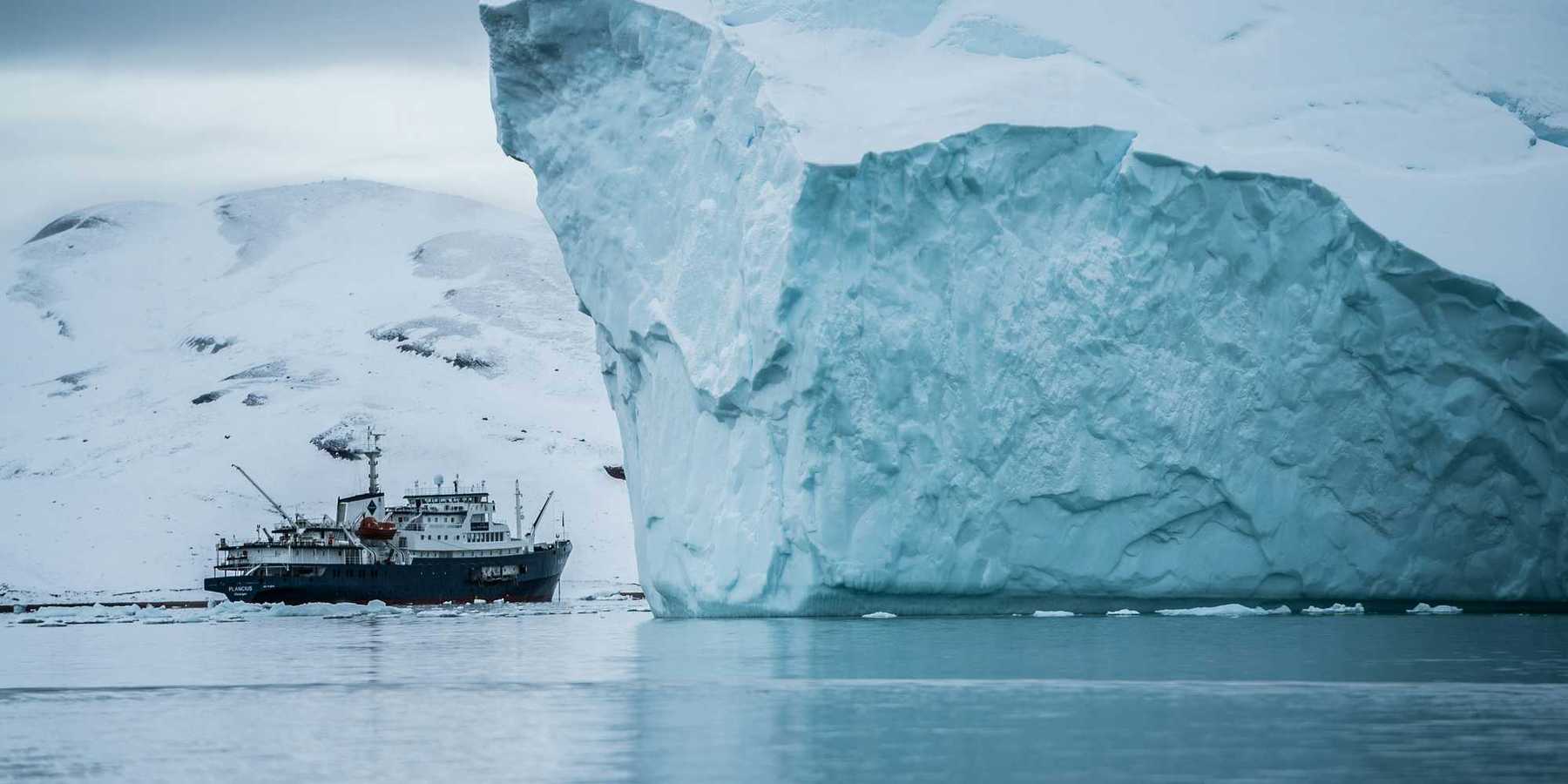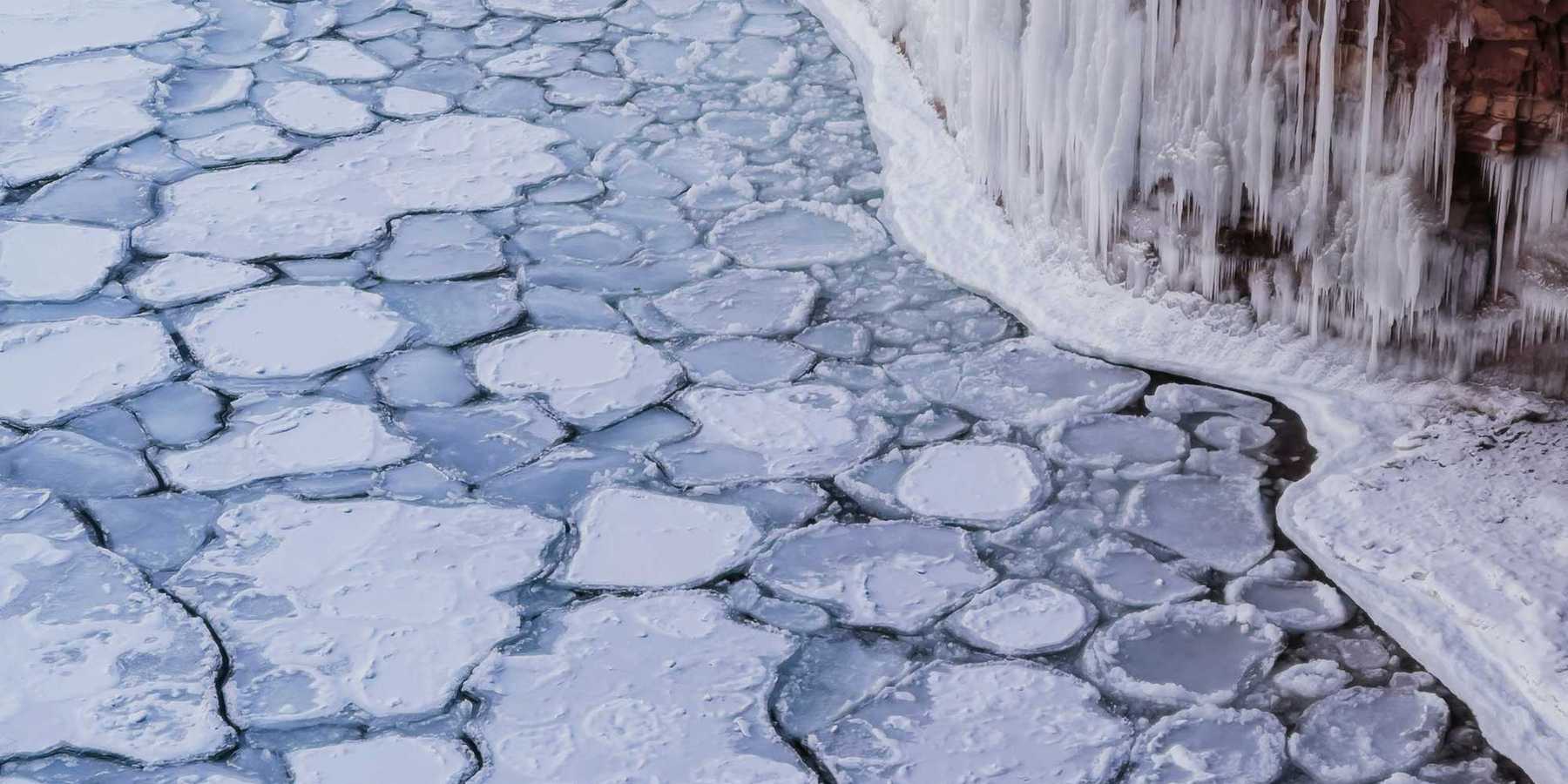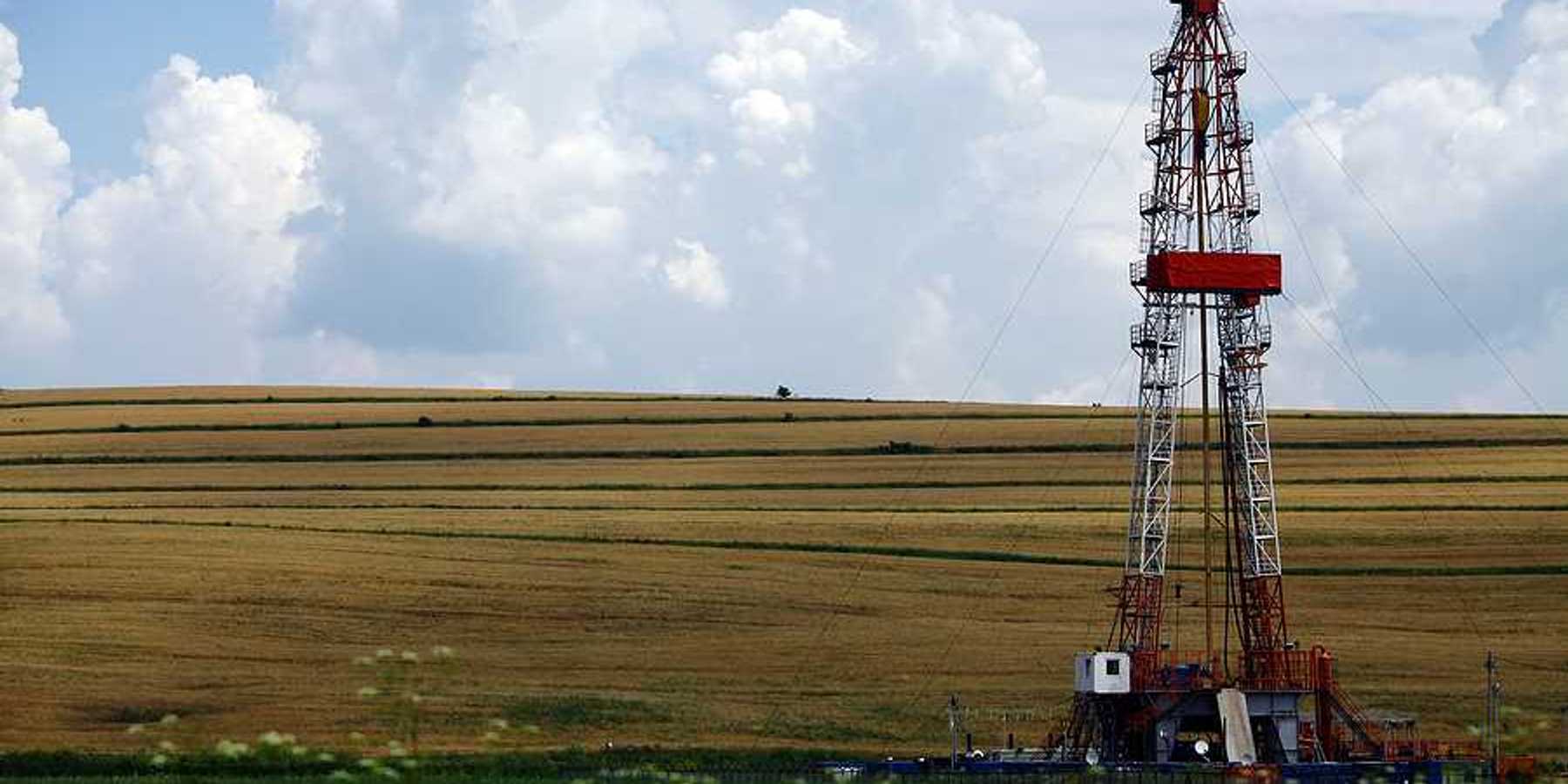Texas offers more coastal waters for carbon dioxide storage
Texas is opening over a million acres of offshore waters for companies to inject greenhouse gases underground to mitigate climate change.
Dylan Baddour reports for Inside Climate News.
In short:
- Texas issued its largest request for proposals to inject greenhouse gases underground to mitigate climate change yet, targeting Lavaca Bay, Matagorda Bay and other coastal areas.
- ,Backed by federal funding and with support from the oil and gas sector, carbon sequestration is expanding, despite concerns over long-term feasibility and cost.
- The Texas Railroad Commission seeks authority to regulate these wells, but environmental groups and lawmakers urge caution.
Key quote:
“We are really now on the cusp of moving away from institutional research and more towards broad commercial deployment.”
— Charles McConnell, director of the Center for Carbon Management in Energy at the University of Houston.
Why this matters:
Reducing atmospheric CO2 through sequestration could have immediate benefits. Lower CO2 levels can help mitigate the adverse effects of climate change, such as extreme weather events, heatwaves and poor air quality, all of which have direct impacts on human health. However, a continued dependence on fossil fuels, facilitated by carbon sequestration, could maintain high levels of other pollutants that pose serious health risks, including particulate matter and nitrogen oxides.













